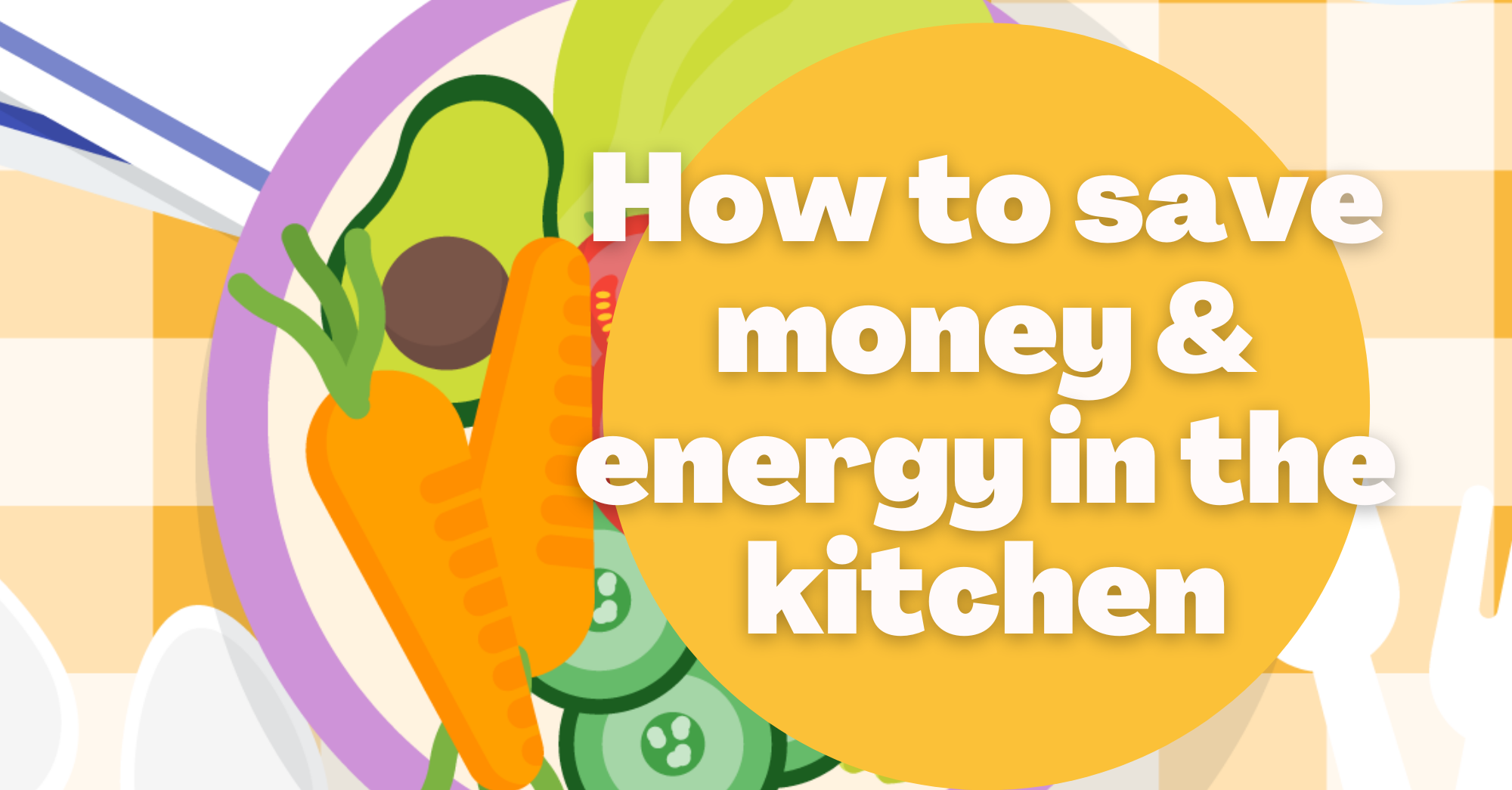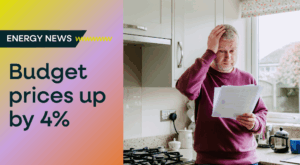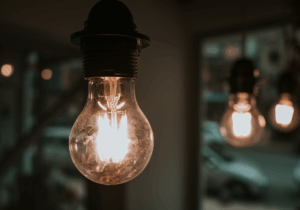As we look at various ways to cut back on unnecessary energy consumption, you may be thinking along the lines of unused lights and over-charging items. Those are great places to start, and very much worth the effort.
In this article, however, we’re looking specifically at the kitchen, and how we can better use this space to minimise unnecessary energy usage and maximise our savings—without compromising on good, healthy nutrition.
Switch off the oven
While oftentimes the hob or oven is our go-to for cooking or reheating food, neither are the most energy efficient options. Instead, to save energy, you might think to make more use of alternative appliances in your home, if you are the owner of one. Obviously, you shouldn’t compromise your recipes where an oven or hob is required, but lots of meals can be prepared quickly and easily with the use of a microwave, slow cooker or even an air fryer instead.
For instance, the microwave has been proven to be much more energy efficient than the hob, and can be particularly good at reheating meals, and cooking foods like peeled potatoes or chopped carrots for which they often have a special auto-cook setting.
An air fryer, also, cooks food much more quickly than the oven does, helping save money for not having to be switched on for as long.
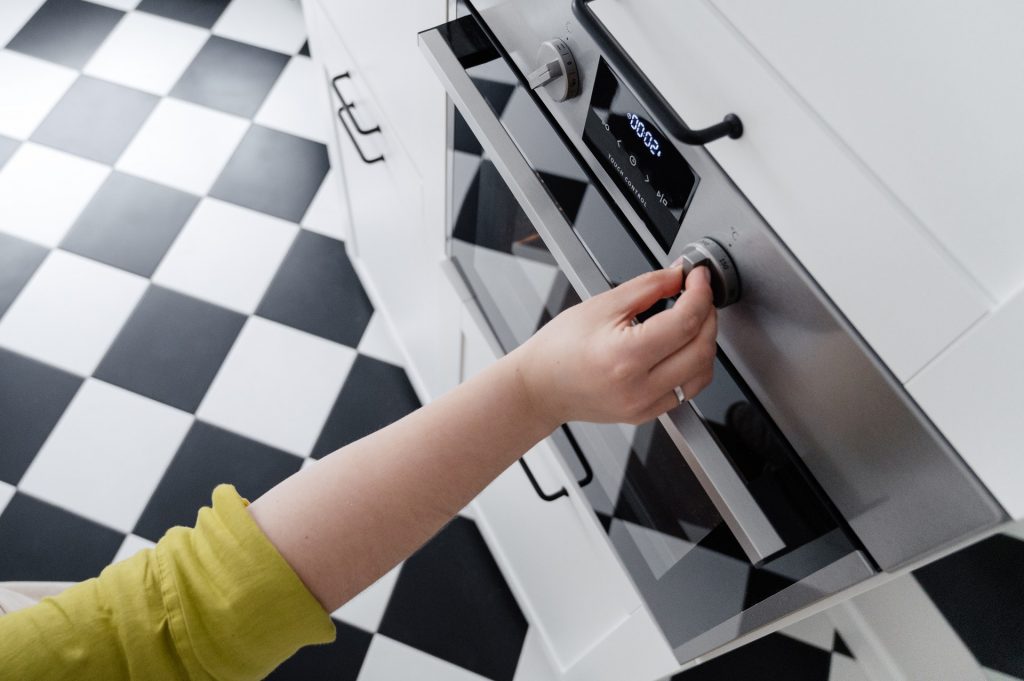
Leftovers are your friends
Batch cooking can be a great way to get around repeatedly using your oven and hob. If you have the time and resources, try to cook double or triple the portions you require, and then store away in the fridge to be eaten for a couple more days. You can even store them in your freezer in order to make them last longer. Leaving them in the fridge to defrost twenty-four hours before can alleviate the need of microwave-defrosting, too.
Be mindful, of course, of food safety, and don’t eat leftovers which are more than a few days old. Always check packets and food safety advice to see if certain foods should be reheated (rice, for instance, carries food poisoning risks if stored and reheated incorrectly) or frozen.
Turn off at the plug
As with all devices, beware of vampire energy. Those appliances left on standby, like microwaves and slow cookers, can still sap your energy when you’re not using them. Be careful, therefore, to switch these off at the plug if you are not actively using them.

Go energy-free
This tip doesn’t apply especially well come the winter months, but during the summer, you can find a variety of meals and snacks which can be prepared with minimal energy, or none at all. Sandwiches, salads and other picnic foods, for instance, can be readily assembled without the use of your oven, and may even spark more opportunities for eating outdoors picnic-style. Similarly, as we come into those long, warm evenings, you might try to barbecue instead, keeping the oven switched off and the coals on.
It’s important to make sure we are well nourished and also enjoy our food, but that doesn’t mean that we can’t find small, effective ways to make the most of the energy we do use.
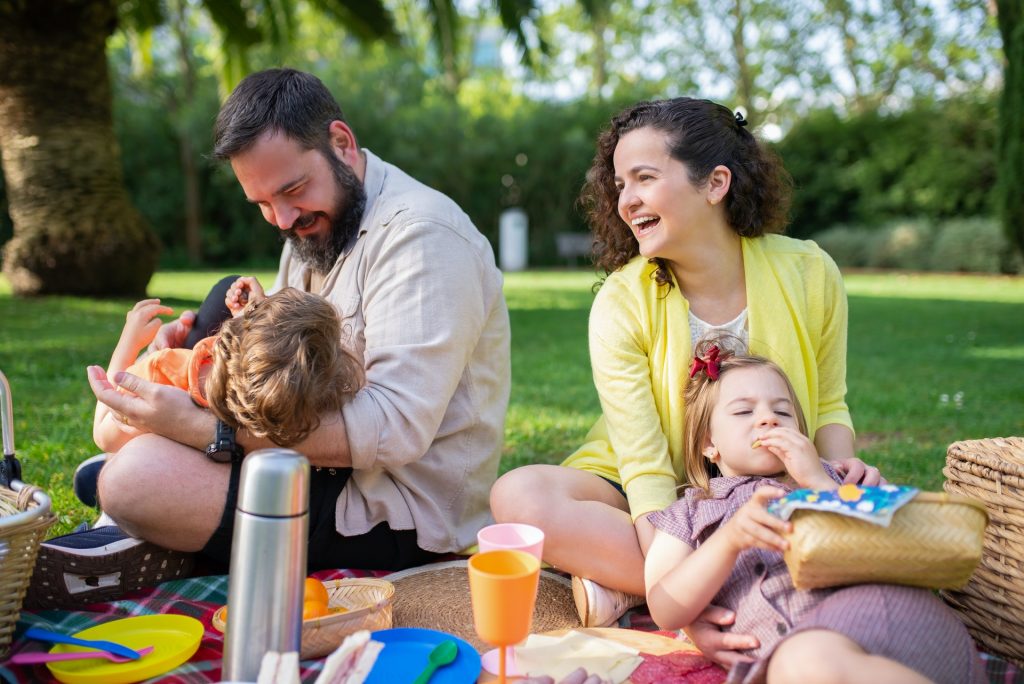
Be mindful of your hot water
Don’t bother boiling water for vegetables or pasta on the hob. It’s much faster and more efficient to do so with the kettle. Remember to only boil as much as you need, and try to use as soon as it’s boiled to alleviate the possibility of reboiling.
If you are looking for other ways to save money, see our other blogs, or better yet, use our comparison tool to find out if you could save money without cutting back on your energy at all. You can compare in just two minutes and will immediately know whether you can switch to a better, cheaper deal. In 2021, our customers saved, on average, £140 per year on their bills.

